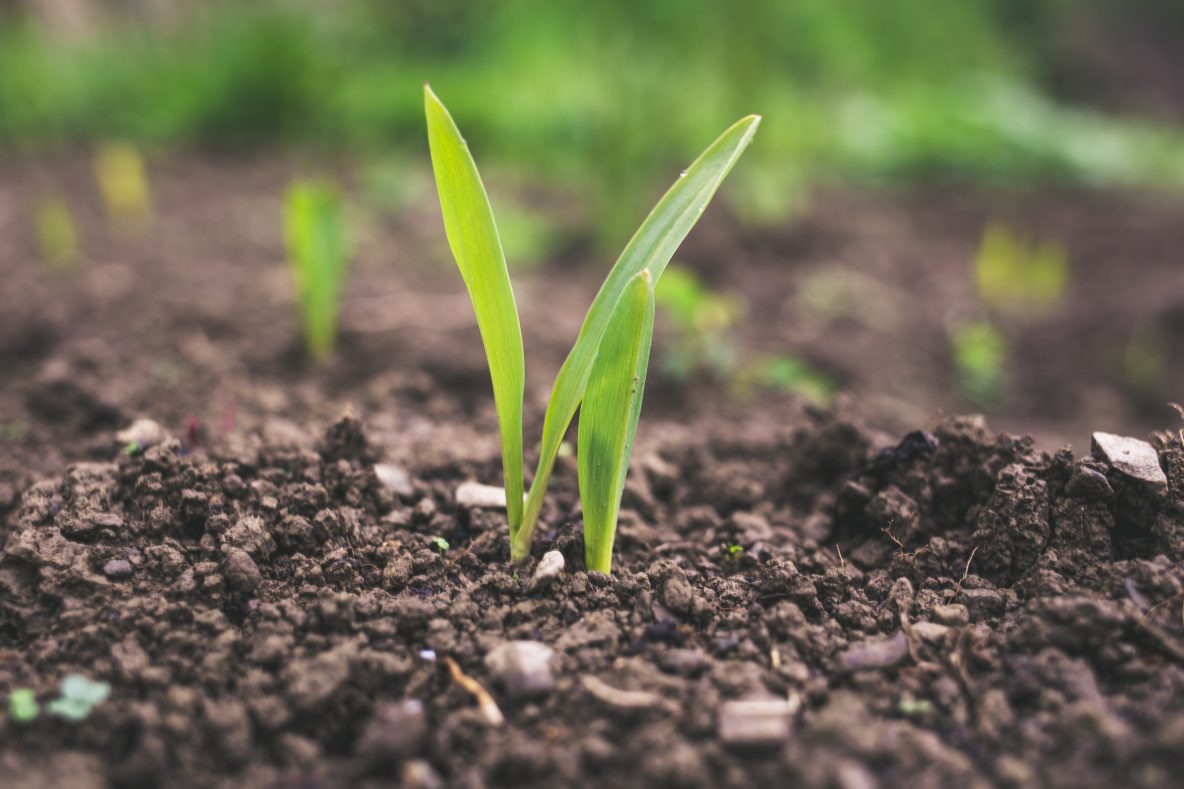“Our work involves a lot of innovation and risk taking. This involves learning from our mistakes and scaling up our successes. Sometimes we try out a new idea and it doesn’t work as efficiently as we envisaged in the planning process. It is a mutual learning relationship, and we meet the challenges and opportunities together.”
Sylvia Mwichuli, AGRA Director of Communications and Public Affairs.
In 2006, the Gates Foundation launched an initiative, The Alliance for a Green Revolution in Africa (AGRA), to curb the effects of hunger in Africa. The plan was and still is to eradicate problems that small-scale farmers who produce most of the continent’s food face when producing food for their families and communities. These problems, according to the initiative’s website, include dealing with unproductive soil, unreliable water supplies, low-quality seeds, and scarce markets for their crops. The whole point of this movement being to help eradicate poverty and hunger in Africa. The organization states that it works with an alliance of partners that include farmers and their organizations, governments, agricultural research organizations, the private sector, local nongovernmental organizations, and civil society in a bid to significantly and sustainably improve the productivity and incomes of smallholder farmers, many of whom are women. Currently operating in 16 African countries; Ghana, Mali, Mozambique, and Tanzania, Malawi, Zambia, Uganda, Kenya, Ethiopia, Rwanda, Nigeria, Niger, and Burkina Faso, Sudan, Sierra Leone, and Liberia.
AGRA states that they have supported almost five hundred projects with the objective to help attain results which include an increase in farm yields, improvement of soil fertility, upgrading storage facilities, improvement of market information systems, strengthen farmers’ associations, expand access to credit for farmers and small suppliers, as well as advocate for national policies that benefit smallholder farmers. Some may have questions about what kinds of seeds are they wishing to bring to Africa which are of better quality? Also, what about the environment, if they are trying to improve farming, most likely, they are looking to make small scale farmers to be like commercial farmers but on a small scale. This usually results in environmental degradation among other harmful effects to nature. However, AGRA makes promises that they will protect the environment.
AGRA claims that it operates as an operational support vehicle to African crop-breeding teams to develop, through conventional approaches, higher-yielding, locally adapted varieties that are suited to Africa’s ecological conditions. It also helps small companies breed, multiply, and market affordable high-quality hybrid seeds. In addition, efforts include ensuring that farmers have less distances to walk to buy these items as they are brought to them, through AGRA supported seed shops.
Regarding ecosystem maintenance, AGRA states that they place great emphasis on the wise use of science and technology, innovative approaches to addressing bottlenecks in the system, reducing environmental degradation, and conserving biodiversity. In terms of soil health, AGRA mentions the promotion and the use of small quantities of mineral fertilizers with organic ones, such as farm yard manure. In addition, there is increased cultivation of grain legumes, such as soybeans to help with the nitrogen cycle and yield benefits of nitrogen in the soil.
The problem is what the quote at the beginning of this article, plus many more. Taking risks with people’s livelihoods is very bad, especially with technology and mistakes have been made. While AGRA might chalk them off as mistakes, there is something major brewing here, something sinister that is creeping up on the poor farmers and that is corporation control over their entire lives. AGRA is a

